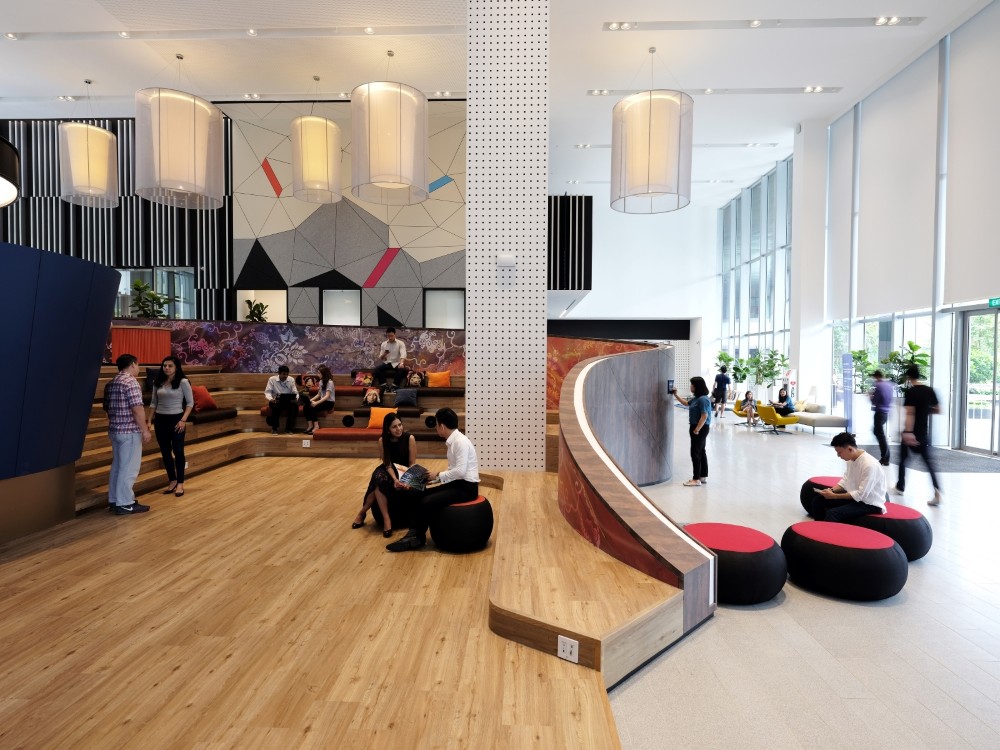With more companies adopting remote or hybrid work models, one of the biggest questions leaders face today is this: How do you motivate remote employees when you're not physically in the same room?
It’s no longer just about productivity — it’s about fostering connection, trust, and long-term engagement in a digital-first workplace. Whether you’re managing a small remote team or overseeing a distributed workforce across regions, building a motivated team requires more than just good tools. It requires intentional leadership, thoughtful practices, and a people-first approach.
Here’s a comprehensive guide on how to motivate a remote team in ways that are meaningful, sustainable, and impactful.
1. Build a Culture of Trust and Autonomy
One of the core challenges of motivating remote workers is the lack of face-to-face supervision. While some leaders may worry about productivity, excessive monitoring often leads to the opposite effect — disengagement.
Here’s how to build trust without micromanaging:
- Set clear expectations: Outline responsibilities, deliverables, and timelines. Be transparent about what success looks like.
- Empower ownership: Give team members autonomy in choosing how to approach their work. This fosters accountability and self-motivation.
- Lead with transparency: Regularly share updates about company direction and involve employees in key decisions where possible.
When remote employees feel trusted, they’re more likely to stay engaged and take initiative.
2. Make Communication Intentional and Inclusive
Poor communication is one of the fastest ways to demotivate a remote team. Without the context of body language or spontaneous hallway conversations, misunderstandings can arise — or worse, silence can create isolation.
To foster collaboration and connection:
- Use a mix of communication methods: Video calls, messaging apps, voice notes, and collaborative docs can help keep conversations fluid and flexible.
- Create clear rhythms: Daily stand-ups, weekly one-on-ones, and monthly all-hands meetings give structure without overwhelming schedules.
- Encourage open dialogue: Build psychological safety so team members feel comfortable voicing ideas or concerns — even asynchronously.
Additionally, it’s always best to pay attention to time zones, language preferences, and cultural nuances when managing a global or regional team.
3. Recognise Effort — Not Just Outcomes
When you're not sitting next to someone, it’s easy to overlook their hard work. But recognition is a powerful tool when learning how to motivate remote employees — especially those who may not be vocal about their wins. While it doesn’t always have to be grand, recognition has to be consistent and specific in order for the recipient to feel that it’s genuine and authentic.
Here are some ideas for meaningful recognition:
- Shoutouts during team calls: Call out specific actions or contributions that made an impact.
- Digital appreciation tools: Use platforms like Bonusly or Karma to let peers show gratitude.
- Celebrate milestones: Birthdays, work anniversaries, and project completions deserve celebration, even virtually.
4. Support Mental Health and Prevent Burnout
The line between work and life blurs easily when you work remotely — especially in Hong Kong, where fast-paced environments and long hours are common. If left unchecked, this can lead to burnout and disengagement.
Tips to support remote employees' wellbeing:
- Encourage flexible hours: Focus on outcomes rather than clock time. Allow employees to work when they’re most productive.
- Normalise breaks: Encourage lunch hours away from the screen and digital detox periods throughout the week.
- Provide mental health support: Offer access to virtual counselling services, mental wellness platforms, or mindfulness apps.
You might also consider meeting-free days or focus hours to give employees space to recharge and think deeply without interruption.
5. Offer Growth Opportunities and Career Progression
One key to long-term motivation is showing remote employees that they have a future with your company. Development shouldn’t stall just because someone isn’t in the office.
Ways to keep professional growth front and centre:
- Create personalised learning plans: Allocate budgets for online courses, certifications, or leadership training.
- Rotate responsibilities: Give employees the chance to stretch their skills by leading new projects or mentoring others.
- Promote from within: Remote workers can sometimes feel ‘out of sight, out of mind’ as such, always ensure they’re considered for promotions or leadership tracks.
All of these reinforce a powerful message: Your growth matters to us.
6. Recreate Human Connection, Virtually and Physically
Loneliness and disconnection are two of the most common struggles in remote work. Motivating remote workers requires intentionally designing moments for social interaction — both online and in person.
Suggestions include:
- Virtual team bonding: Host game nights, trivia, or casual Friday chats.
- Peer learning sessions: Encourage employees to share expertise in informal webinars or lunch & learns.
- In-person touchpoints: If feasible, host quarterly meetups or retreats in central locations — such as coworking spaces or shared office setups in Hong Kong — to re-establish bonds and collaboration.
7. Provide Flexible, Collaborative Workspaces When Needed

While this guide focuses on motivating remote teams, it’s worth noting that some employees want access to physical workspaces now and then. Coworking spaces or renting a serviced office for your remote team can offer a refreshing change of pace, especially for collaboration-heavy days.
The Work Project, for example, provides thoughtfully designed, premium shared office environments where distributed teams can:
- Collaborate face-to-face when needed
- Tap into well-equipped meeting rooms and amenities
- Recharge in inspiring surroundings that spark creativity
This hybrid flexibility — giving teams the choice of how and where they work — is increasingly seen as a motivator in itself.
Motivation Isn’t One Size Fits All
Ultimately, learning how to motivate a remote team comes down to knowing your people. What energises one employee may not work for another. That’s why the most successful leaders listen first, adapt continuously, and design work experiences that feel human — even when they’re digital.
If you’re building a remote-first or hybrid workforce in Hong Kong, start with intentionality: Trust, empathy, communication, recognition, and choice.
Your people will thank you for it — not just with performance, but with loyalty, creativity, and connection.






